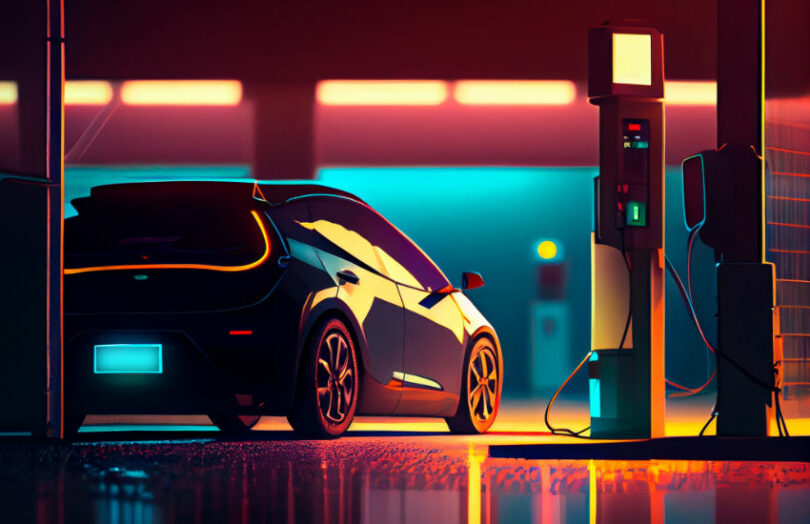Yesterday MOBI, the web3/DLT mobility alliance, announced that Honda, Nissan and DENSO will co-chair its latest working group for the Circular Economy and Global Battery Passport (CE-GBP). The focus is on circularity in global supply chains more broadly. However, the starting point is to build a decentralized Global Battery Passport System (GBPS).
The working group has 27 members including three other automotive firms, BMW, Ford and Mazda. Ford has already been very active in battery recycling work leveraging blockchain.
MOBI emphasized the need to focus on the circularity of batteries given their proliferation in electric vehicles (EV) and for storing renewable energy. The US Treasury rules on EV Tax Credits and the EU Battery Regulation require the tracking of batteries for recycling purposes.
In June, MOBI released its first Global Battery Passport standard. It believes a decentralized approach will make traceability easier. This might help preserve sensitive corporate supplier data. Plus it prevents collusion involving a centralized player. Other advantages include the resiliency that comes from decentralization as well as avoiding vendor lock in.
“Web3 principles and blockchain hold the potential to facilitate the implementation of upcoming battery regulations, such as reporting CO2 emissions embedded in a battery, or providing a battery product passport with verifiable stakeholders and data,” said Christian Köbel, Senior Project Engineer, Honda R&D Europe. “The time is now right to evaluate this potential and exploit it further, towards future interoperable ecosystems for battery passports and data sharing.”






